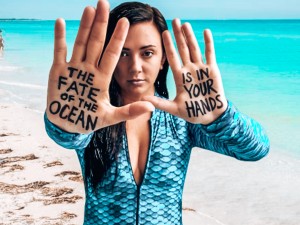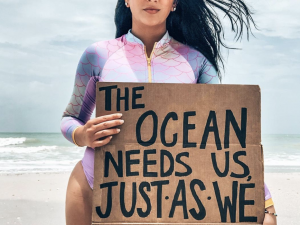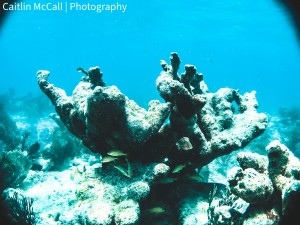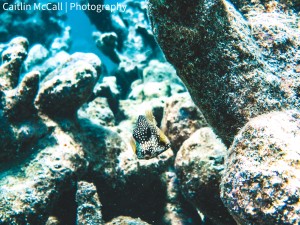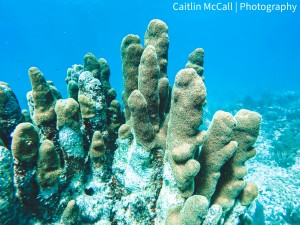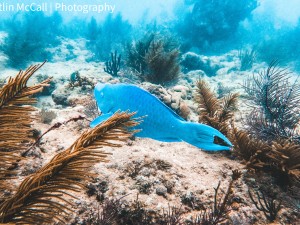Want to learn more about marine conservation, but you're not sure where to start?
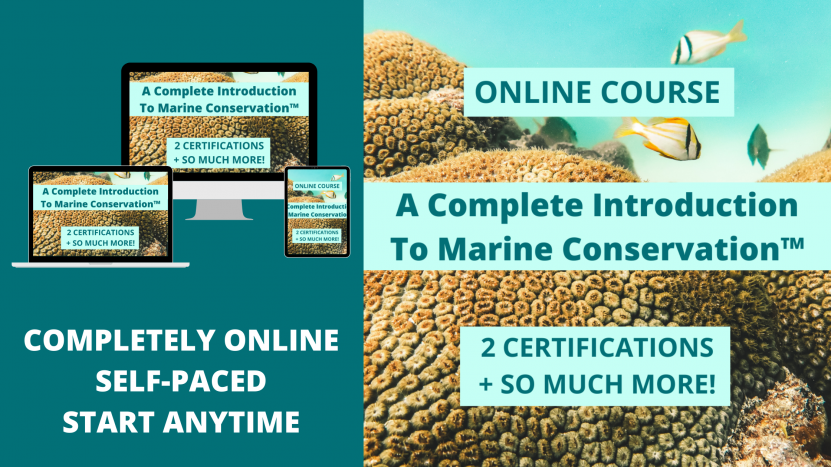
Marine conservation and eco-diving have become popular buzzwords in the last few years, and for good reason. Our oceans are in trouble and ocean lovers, and divers, have found ways to use their skills and insights to take action.
What is marine conservation?
Marine conservation, also known as ocean conservation, is defined as the protection and preservation of ecosystems in oceans and seas through planned management in order to prevent the over-exploitation of these resources. This may sound complicated, but through simple actions and knowledge, everyone can become a marine conservationist and make strides towards our ocean’s protection.
Why should divers help?
Divers are already lovers of our blue planet, and it makes perfect sense for us to take steps to protect it – and to let our land-dwelling friends and family know about the importance of marine conservation as well. This may seem hard to believe since we are so immersed in ocean content, but many people are completely unaware of this very important information. It’s up to us to be good role models.
4 Easy steps to eco-diving practices:
These steps may seem like common sense, but you’d be surprised how many divers and boaters aren’t aware of the effects their actions on the water can have on underwater ecosystems. Here are just four easy steps to incorporate into your diving routine that can help protect our oceans for future generations:
- Spearfish Responsibly: follow seasonally laws and guidelines for your area. These guidelines are important, because regulations are created to help keep the fish population healthy and size limits are meant to protect fish of spawning size before they are caught. Fishing seasons protect fish during spawning and limit the catch on heavily fished waters.
- Practice Safe Boating: Anchor in sandy areas far from coral and sea grass or use buoy systems when available. Anchors from boats can cause damage to coral reefs, including breakage. Anchoring also causes immediate damage on reef-associated habitats such as seagrass beds, which are important nursery and juvenile habitats for many species.
- Respect the Habitat: Don’t touch or kick the coral and practice good buoyancy techniques. This could damage or even kill the corals, which take hundreds of years to grow back.
- Go Non-Toxic: Watch your sunscreen and body care products for chemicals that may harm the reef. I recommend going without and opting for protective clothing and hats on dive boats instead. Oxybenzone, a common sunscreen ingredient, disrupts coral production, causes coral bleaching, and damages coral DNA.
Interested in learning more?
• Do you want to speak intelligently about the underwater world?
• Wish you had the knowledge to begin taking action immediately?
• Want to be equipped with tools to gain data survey experience?
Learn all of this and MORE on your own schedule in an online course titled, ‘A Complete Introduction to Marine Conservation™’ by Eco-Conscious Diver. This online course is a step-by-step guide to learning and implementing your own marine conservation journey.
Learn more + enroll: https://eco-consciousdiver.com/online-learning
About the author:
Caitlin McCall is a passionate PADI Scuba Instructor, Scientific Diver, and Science Communications Specialist. She is also the Founder of Eco-Conscious Diver (https://www.eco-consciousdiver.com), an educational platform which specializes in marine conservation.

